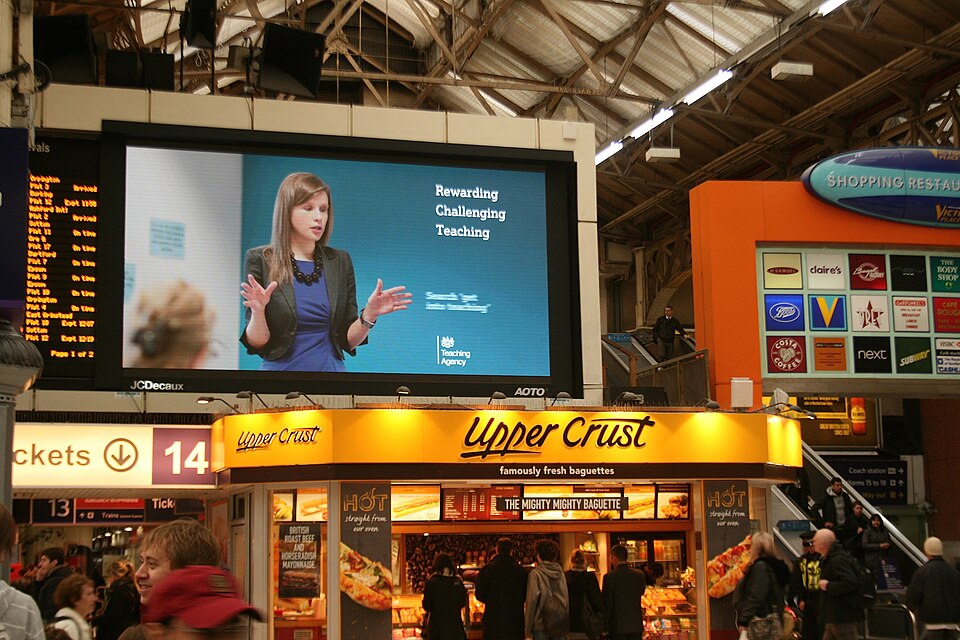
Thousands of jobs in the UK’s film and TV industry are at risk following President Donald Trump’s proposal of a 100% tariff on foreign-made films, a move that could impact nearly two-thirds of
UK film production.
Trump, blaming international tax incentives for harming the U.S. film industry, claimed foreign nations are waging a coordinated effort that threatens national security. “WE WANT MOVIES MADE IN AMERICA, AGAIN!” he declared on Truth Social, suggesting the tariff would apply broadly to films made outside the U.S., potentially even those by American studios working overseas.
A UK industry insider told The i Paper that most film and TV projects shot in London studios are backed by U.S. funding. While regional productions are less dependent, they would still be affected.
The UK government confirmed that the issue of film tariffs will be part of ongoing trade talks with Washington. “We aim to ease pressure on UK businesses and consumers through a calm and steady negotiation approach,” a spokesperson said.
If the tariff extends to films on streaming services such as Netflix, around two-thirds of the UK market could be hit, jeopardizing thousands of jobs in an industry that employs over 195,000 people.
The British Film Institute reported that 65% of UK film production spending last year came from five major U.S. studios and streaming giants like Netflix, Apple, and Amazon. Major productions like Wicked, Barbie, How to Train Your Dragon, Jurassic World Rebirth, and Knives Out sequels have all been filmed in the UK.
Film and high-end TV production spending in the UK reached £5.6 billion in 2024, a 31% rise from 2023, driven largely by U.S. investment.
However, UK-based productions often qualify for tax breaks by setting up subsidiaries or special-purpose vehicles (SPVs), which technically classifies them as foreign films—potentially putting them in the tariff's crosshairs.
Philippa Childs, head of the broadcasting union Bectu, warned that the tariffs could be devastating. “The industry is just beginning to recover from Covid and the 2023 U.S. strikes. These tariffs could deliver a knockout blow, particularly for freelancers,” she said.
Kirsty Bell, CEO of production company Goldfinch, acknowledged Trump’s concerns about the U.S. film industry but said the issue is deeper than foreign competition. “Films are often cheaper to produce overseas due to better tax incentives and lower costs,” she said. Bell also questioned the practicality of the tariffs, noting that films like Barbie, although distributed by a U.S. studio, were filmed almost entirely in the UK.
“If these blockbusters stop filming here, UK freelancers will lose work,” Bell warned. “And that’s not a maybe — that’s a certainty.”
The UK government reiterated its commitment to reaching a balanced trade agreement with the U.S., stating: “We will not provide a running commentary on live negotiations, but our goal is to protect UK interests.” Photo by Roger Carvell, Wikimedia commons.









































